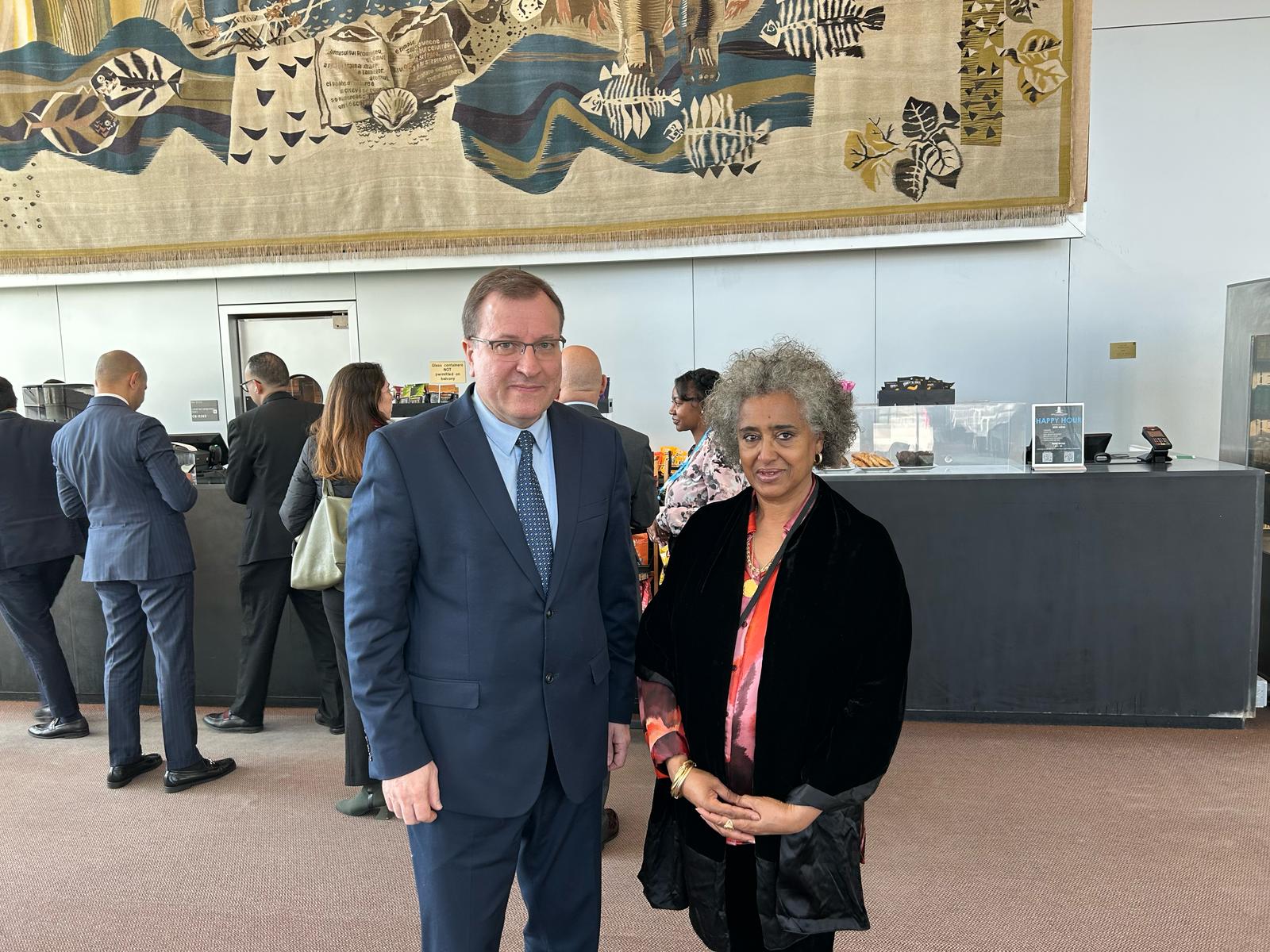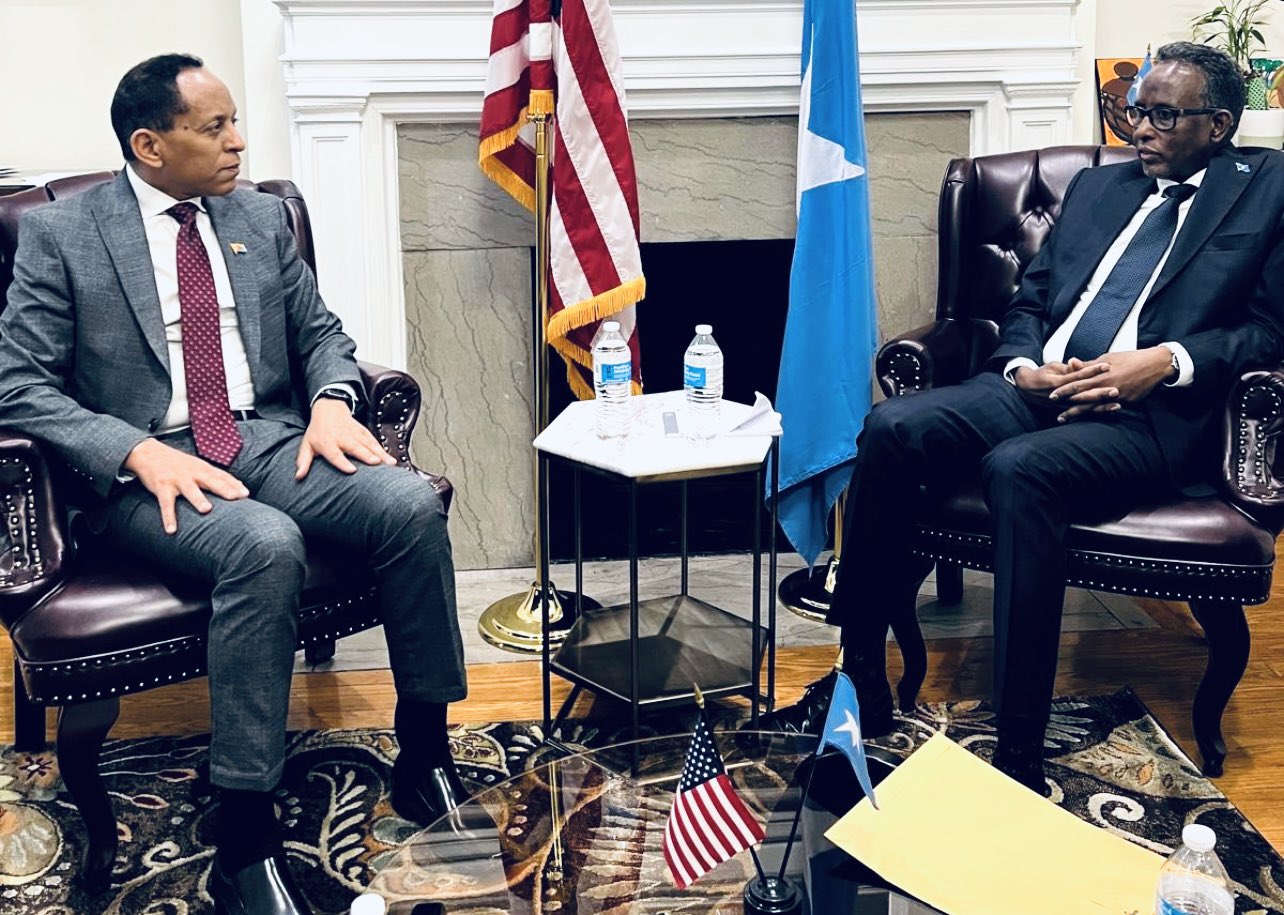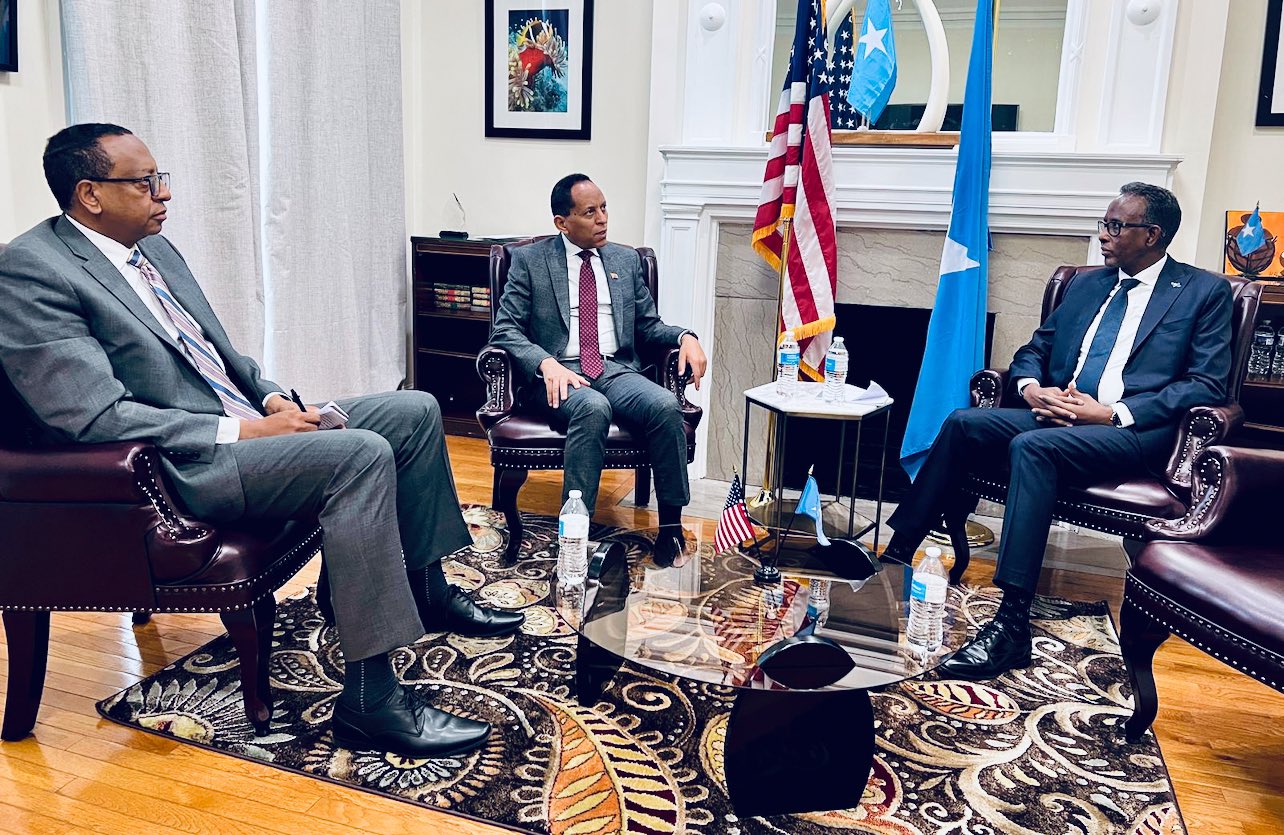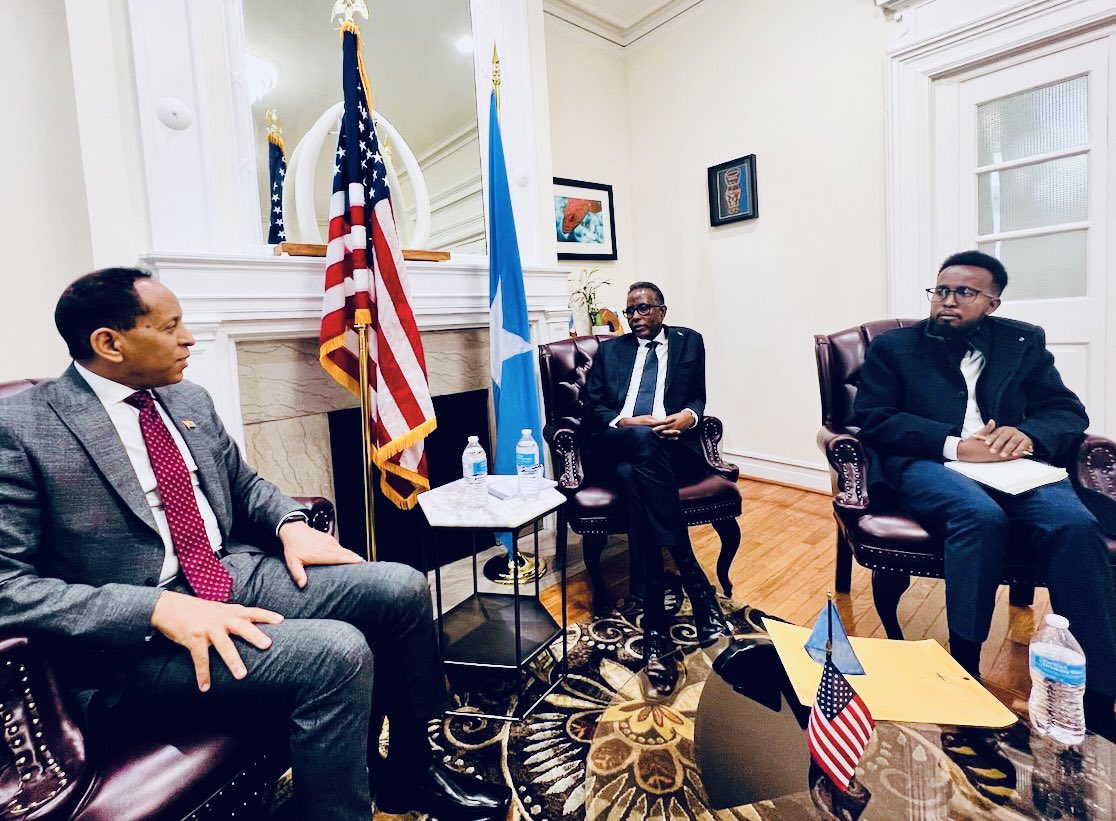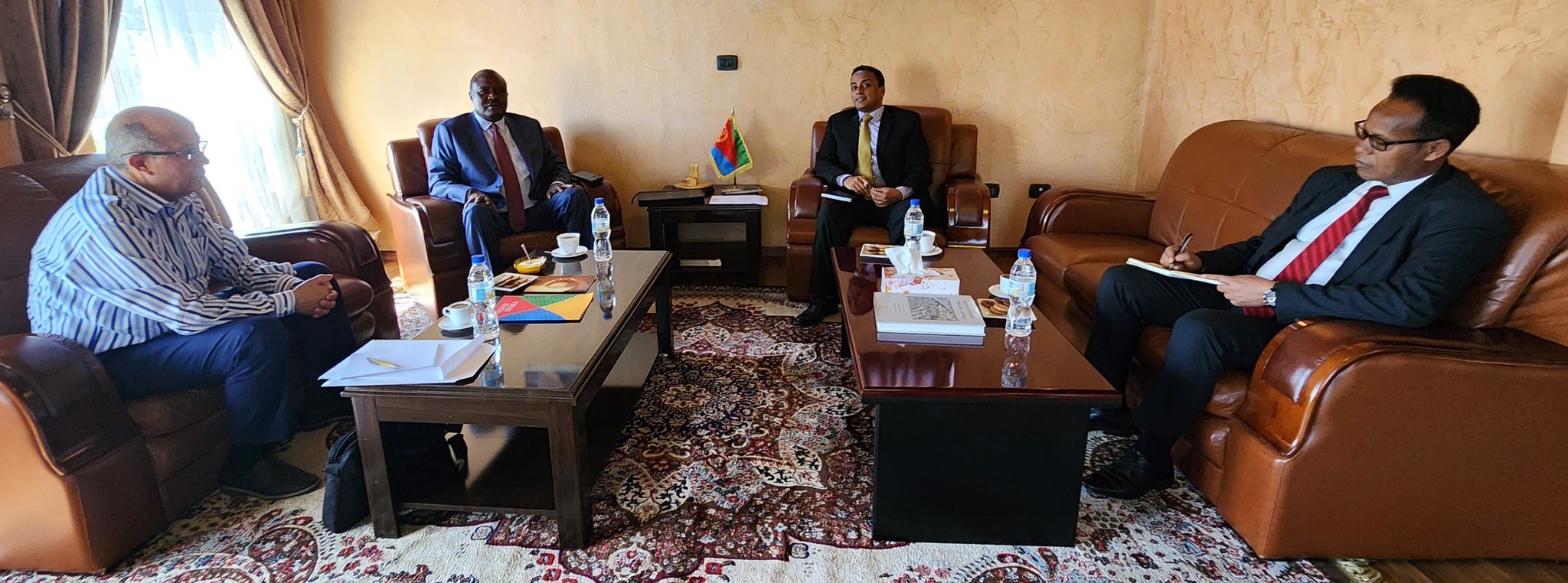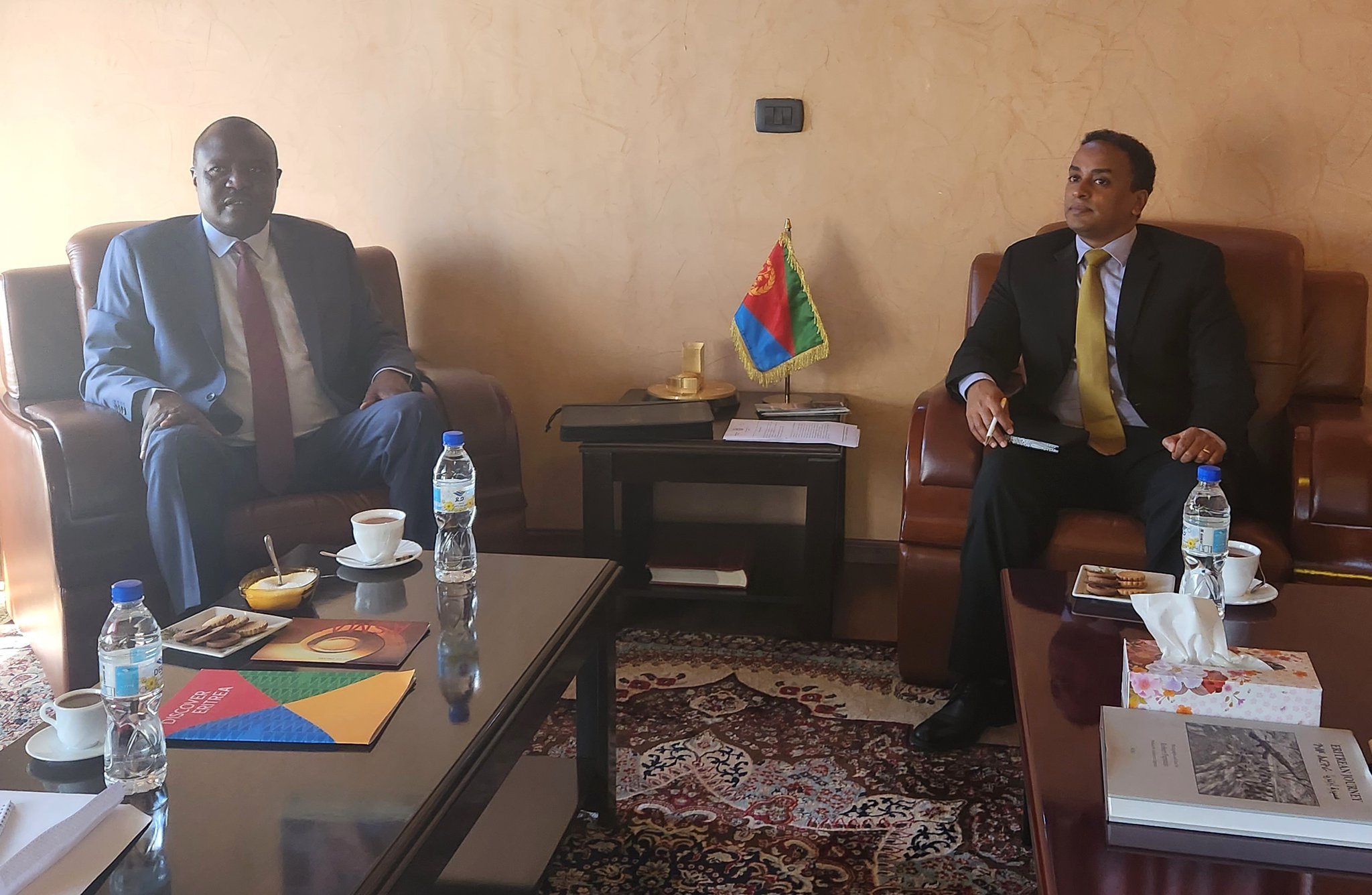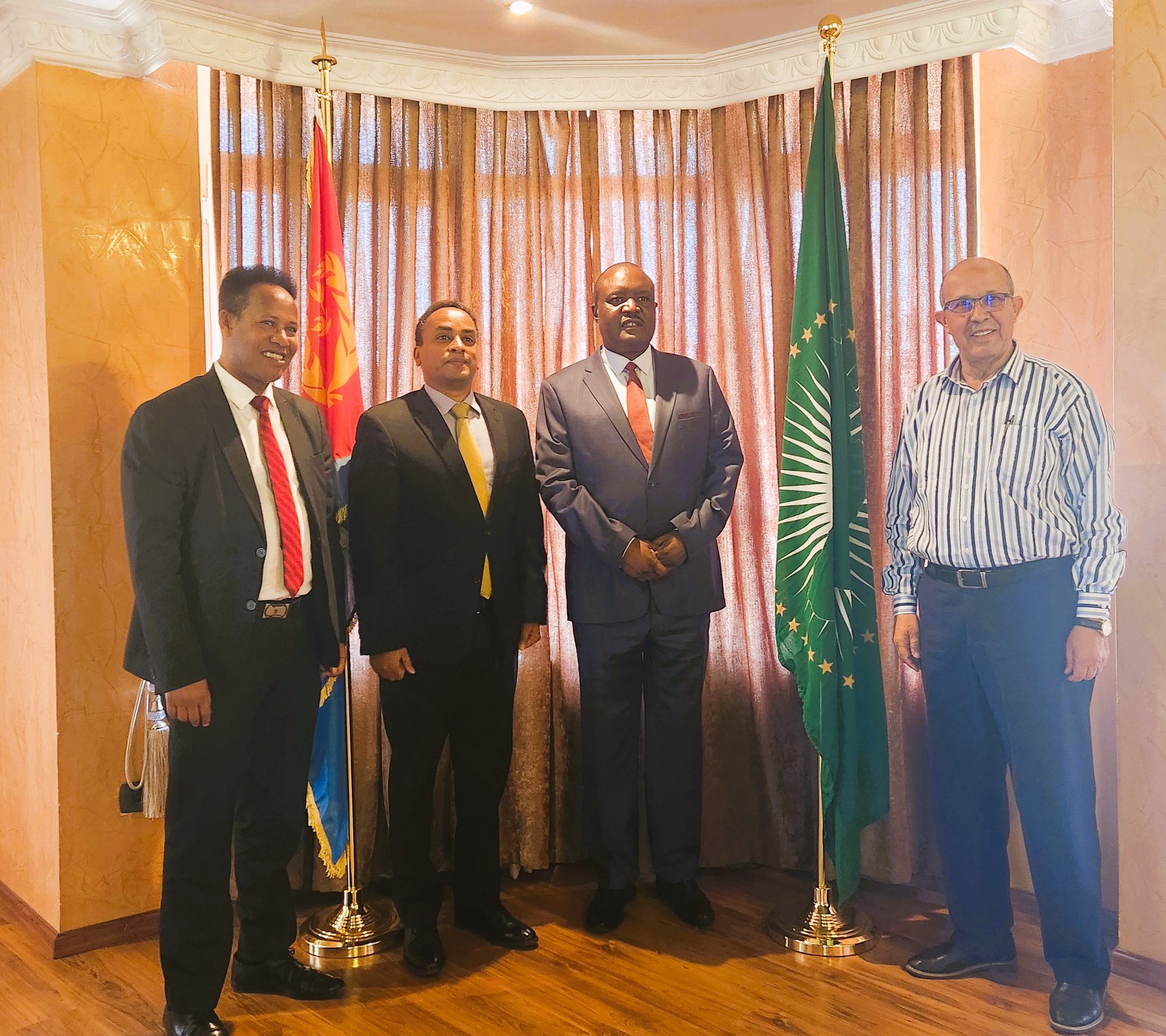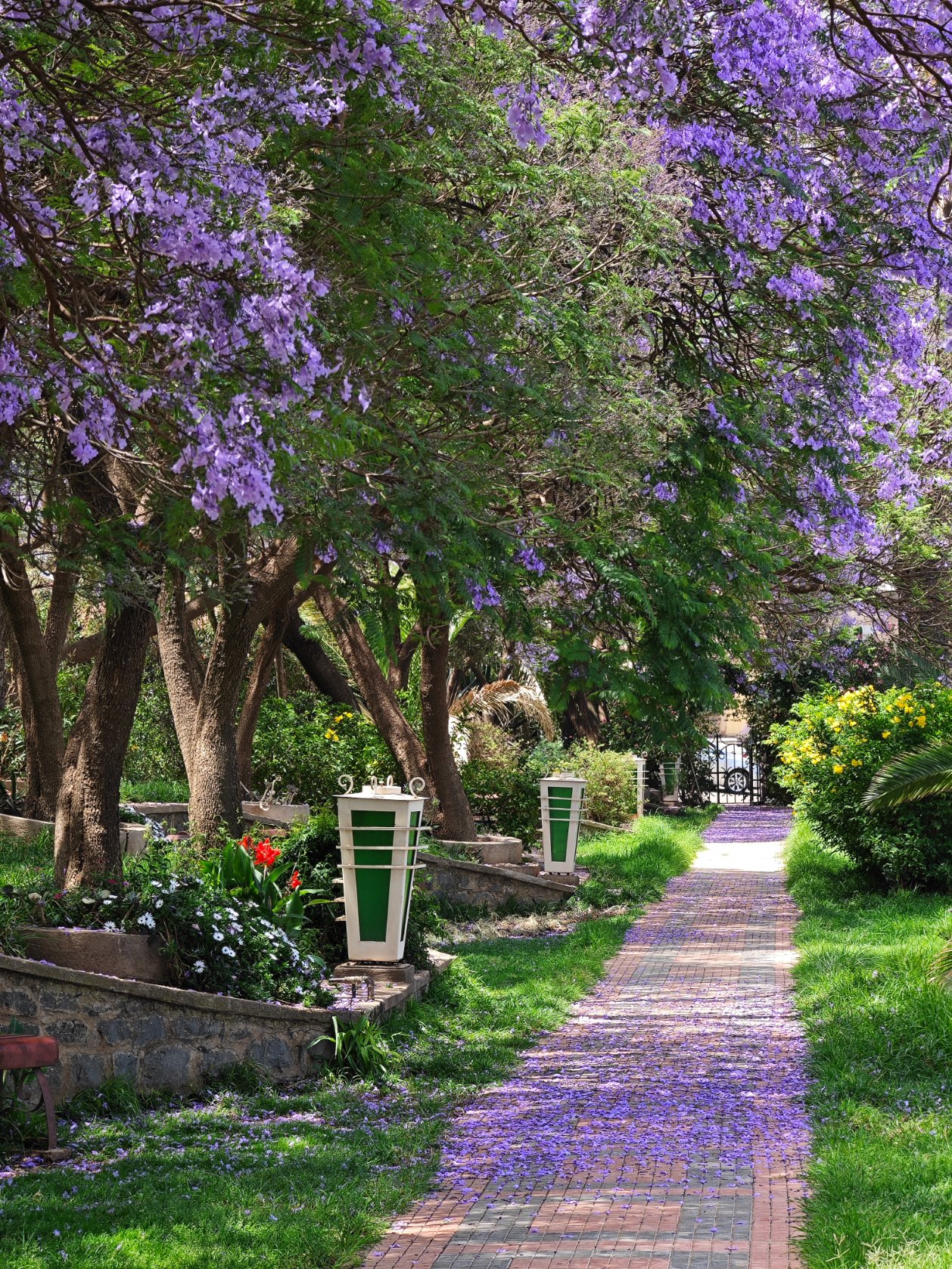@ERMedia91
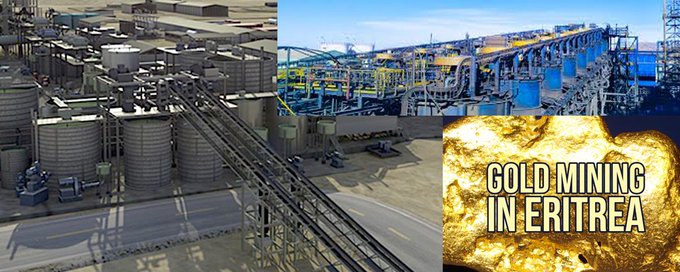
Eritrea’s Mining Sector: A Resilient Path to Prosperity
Introduction
Mineral resources, have long shaped global conflicts and economic progress. Far from being a curse, they are vital for technological and economic advancement. Eritrea, rich in mineral potential, exemplifies this duality—balancing opportunity and challenge through strategic management of its resources.
Eritrea’s Mineral Wealth
Eritrea’s geology, part of the mineral-rich Arabian Nubian Shield, hosts significant deposits of gold, copper, and industrial minerals. The Bisha Mine, operational since 2010, marked the start of modern mining, followed by Zara and others. Despite limited exploration, experts see vast untapped potential; positioning Eritrea as an emerging mining hub.
Government Policy
The Eritrean government views mineral resources as strategic assets for sustainable development, not short-term gain. Its Mining Law (Proclamation No. 68/1995) ensures resources benefit all citizens, promoting a diversified economy resilient to external shocks. This approach prioritizes long-term prosperity, over reliance on a single sector.
Legal Framework
Eritrea’s mining regulations, overseen by the Ministry of Energy and Mines, offer a transparent and investor-friendly environment. Key provisions include tax incentives, royalty rates (3.5% for base metals, 5% for precious metals), and streamlined licensing. Strict environmental and social standards, enforced through impact assessments, ensure responsible operations.
Investment Appeal
Since 1995, over 30 international companies from Canada, Australia, China, and beyond have invested in Eritrea’s mining sector, drawn by its favorable laws. Joint ventures like Bisha (with Nevsun Resources) and Zara (with China SFECO) highlight success, despite geopolitical challenges.
ENAMCO’s Role
The Eritrean National Mining Corporation (ENAMCO), fully government-owned, safeguards national interests in joint ventures. Holding stakes (e.g., 40% in Bisha), ENAMCO’s directors influence key decisions, ensuring transparency and fairness in operations and sales.
Resilience Amid Challenges
Since 2009, Eritrea’s mining sector has faced Western sanctions and negative campaigns; notably targeting Bisha’s financing. Despite this, operations persist, with Chinese investment filling gaps left by retreating Western firms. Companies like Zijin Mining have acquired stakes, reinforcing the sector’s viability.
Conclusion
In just 15 years, Eritrea’s mining industry has grown from infancy to resilience, driven by prudent policies and global interest. Its model—balancing investment appeal with national benefit—offers a blueprint for resource-rich nations, proving that strategic governance can turn mineral wealth into lasting prosperity.
Read the full report on Eritrea’s Mining Sector: Government Policy, Progress to-date & Future Prospects https://shabait.com/2025/03/26/eritreas ... prospects/


